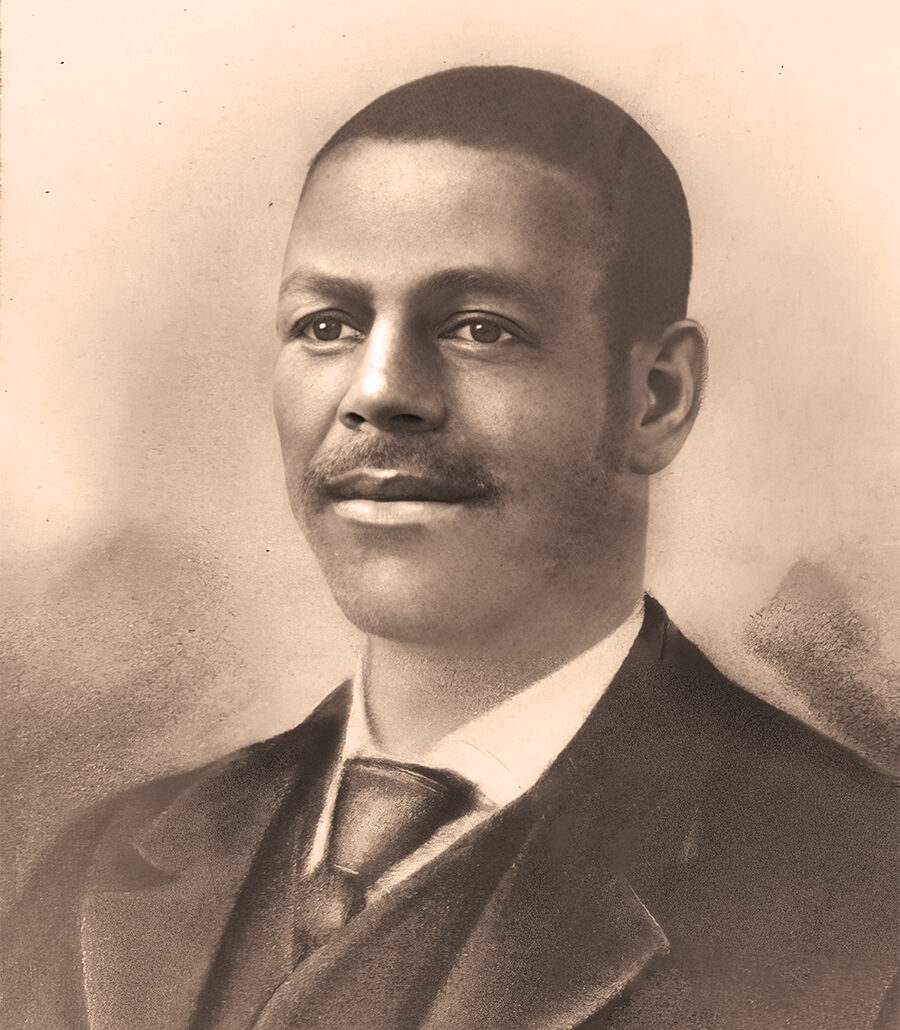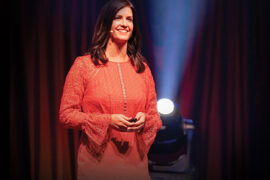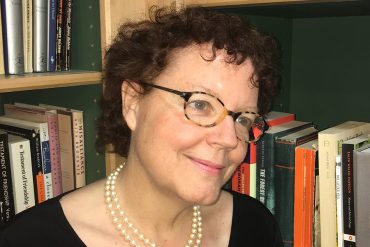Huntington’s first express wagon driver was a born leader who went on to become a pastor and build a community center for Black youth.
By Chrissy Nelson Preservati
HQ 130 | SUMMER 2025
It was the late 1890s in Huntington, West Virginia. Frederick Douglass High School opened its doors and the future Father of Black History, Carter Woodson, moved to town with his family. At the same time, a man named Albert Dennis Lewis was driving the first express wagon in the city, hauling goods to businesses. While many are familiar with Frederick Douglass High School and Carter Woodson when discussing Huntington’s Black history, A.D. Lewis’ name, too, is prominent in the formation of the Fairfield West community. Lewis emerged as an early community leader, and his work to create a church and to invest in Huntington’s Black youth positively affects Huntingtonians to this day.
Born in Lousia County, Virginia, Lewis first worked in construction. He helped build a tunnel in Baltimore, Maryland, and later worked on the C&O Railroad. He was one of many Black migrants who came to Huntington in the 1890s to find work and build a new life.
With the help of his horse named Tom, Lewis drove the first express wagon in the city for the Adams Express Company, earning 25 cents per barrel to deliver Ohio River drinking water. At that time, the city of Huntington was the end point of the C&O Railroad from the east and the beginning of the railroad to the west. The economy was good, and the population was growing. As Lewis worked hard and started his family, it became evident by his leadership that his dreams were big and his vision far-reaching.
Central to the new lives of migrants was the need for a place to worship. Up until this point, some members of the Black community attended existing churches in town, but they longed for their own church free from racial tensions. This goal was realized in 1872 when the Rev. William Bryant founded Huntington’s first Black church, the Mt. Olive Baptist Church, on Seventh Avenue. In this and other early Black churches, the desire to congregate far outweighed any specific agendas. In the book Black Huntington by Cicero M. Fain III, Lewis explained that all were welcome at the church: “Because there were few Baptists and other Christians here … no denominational scruples were entertained.”
The church grew and became the First Baptist Church, of which Lewis was a leader from the start. He later spearheaded the construction of a new church, the Sixteenth Street Baptist Church, which still stands on Ninth Avenue (Carter G. Woodson Avenue). It was here that Lewis realized a personal dream and started a community center in the basement of the church. The center provided a safe place for kids to play ping pong, pool and other activities to keep them off the streets. Lewis served as pastor at Sixteenth Street Baptist Church until his retirement in 1927.
In 1953, 10 years after Lewis’ death, a community pool opened in the Fairfield West neighborhood, where it still stands. Until this time, Black Huntingtonians could only swim on Mondays at a pool in Ironton, Ohio.
In 1967, the A.D. Lewis Community Center was built adjacent to the swimming pool. It began as just a gymnasium until 1974 when game rooms and a cafeteria were added. Today, A.D. Lewis’ dream that began in a church basement has grown into a full-service community center, with a pool, basketball courts and other sports facilities. Its after-school activities and resources serve the youth of the Fairfield West community and beyond.
The center’s executive director, MaRia Hill, is following in the footsteps of her father, Thomas Hill, who ran the center before her. She is carrying on not only Lewis’ legacy but her own family legacy as well.
“My dad believed in giving back to the community — he instilled that in me,” Hill said. “It’s how I grew up.”
If the Rev. A.D. Lewis could see his old neighborhood today, he might not recognize it. The landscape has grown, and people’s concerns have evolved. But the needs of children don’t change that much over time.
Hill described the center today as “a place to feel safe, a place everyone feels seen and included — a place kids feel at home.”
The Rev. A.D. Lewis’ legacy of community enrichment and fellowship is alive and well in Huntington today. More than 80 years after his death, the center that bears his name welcomes children through its doors every day, preparing them to be the next generation of leaders.





